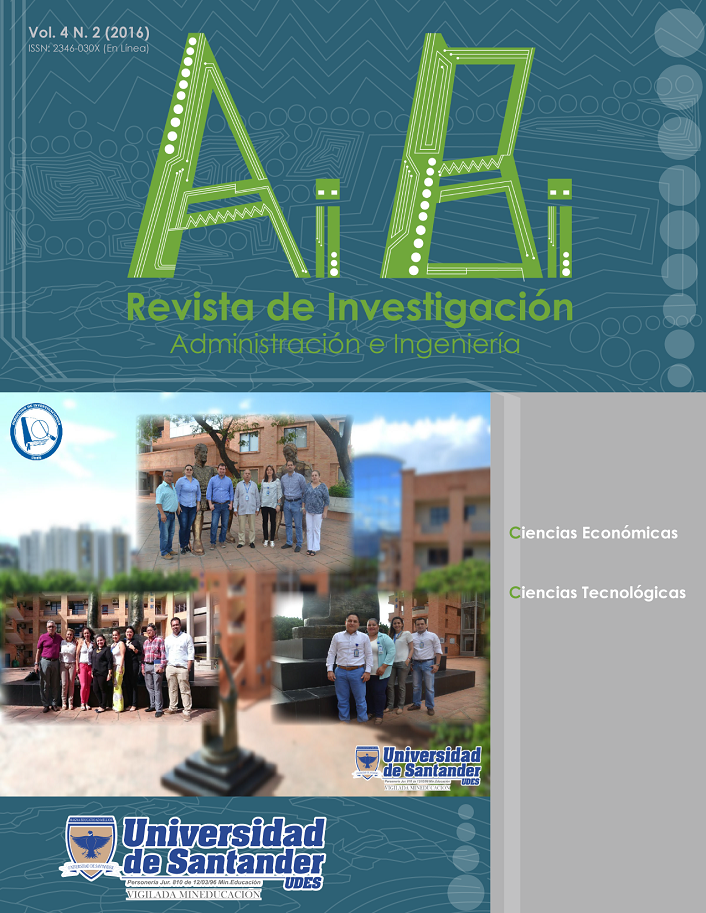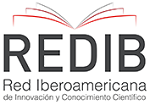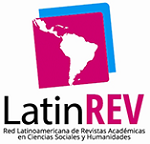Pedagogy for coexistence and peace: transformations experienced by teachers when the training for coexistence and peace lives.
DOI:
https://doi.org/10.15649/2346030X.395Keywords:
pedagogy, coexistence, peace, transformations, formation.Abstract
Education for peace and coexistence in the field of formal education is a priority, not only because of the conflict situation that
affects the country, but also because the school has a democracy centered on respect for human rights and in actions that Propitiate
interpersonal relationships in a constructive way. The general objective of the study is to characterize the transformations that teachers assume
at the level of their teaching practices when they approach the formation for peace, by identifying the pedagogical practices used in the
formation and the transformations that are experienced when they face the formation for peace. A type of research with a qualitative approach
was used and the method used was ethnographic, through the in-depth interview. The sample was configured through the different stages of
data collection. It was determined that the perceptions of the teachers of some schools of the Department of Norte de Santander showed
positive attitudes on the part of the teachers towards providing aid to students to develop skills for the resolution of conflicts, to see the
problems from multiple perspectives, Decisions taken in groups, understanding the value of helping others, and meeting a number of annual
hours of community service. It was also perceived that, in spite of stimulating social sensibility, actions are not directed towards the
evaluation of solutions to social problems, this aspect arises but in practice is not fulfilled satisfactorily, so that teachers show a more
endogenous attitude than Exogenous.
References
Martínez Miguélez, Miguel. (2004). Ciencia y Arte en la metodología cualitativa. Bogota: Trillas.
Goleman, Daniel. (2008). Inteligencia social, la nueva ciencia para mejorar las relaciones humanas. Bogota: Planeta.
Chaux, E. (2012). Educación, Convivencia y Agresión escolar. Bogota: Taurus.
Peace, Games. (2006). Cartilla Explorando el Conflicto, Comunicación y Cooperación, Cooperativa Editorial Magisterio. Bogotá: Delfín.
Galviz, Rosa V. (2007). De un perfil docente tradicional a un perfil docente basado en competencia. Recuperado en www.saber.ula.ve.
Freire, Paulo. (2006), Pedagogía del Oprimido. Madrid: Siglo Veintiuno S.A.
Bar, G. (1999). Perfil y competencias del docente en el contexto institucional educativo. Recuperado en http://educacion.jalisco.gov.mx/consulta/educar/05.
Ministerio de Educación Nacional. (2005). Revolución educativa, competencias y evaluación. Bogotá: El Ministerio.
Europea. (s.f,). Educación policies. Recuprado en http://europea.ei.int/comm/educacion/ policies/educ/tuning.
Downloads
Published
How to Cite
Issue
Section
Altmetrics
Downloads
License
The journal offers open access under a Creative Commons Attibution License

This work is under license Creative Commons Attribution (CC BY 4.0).












